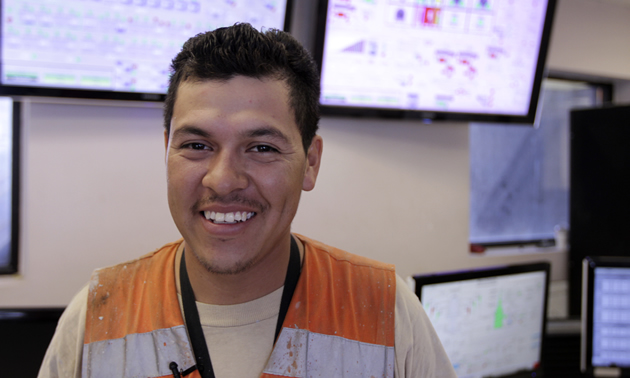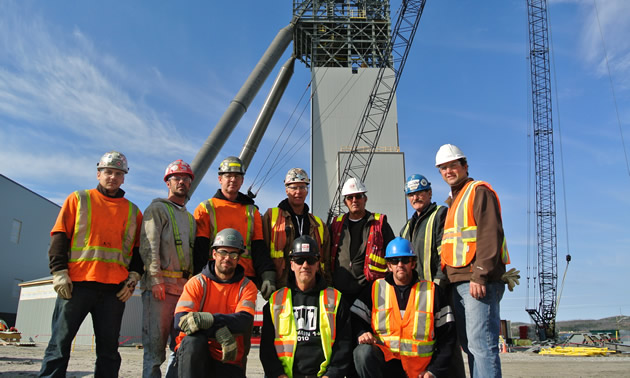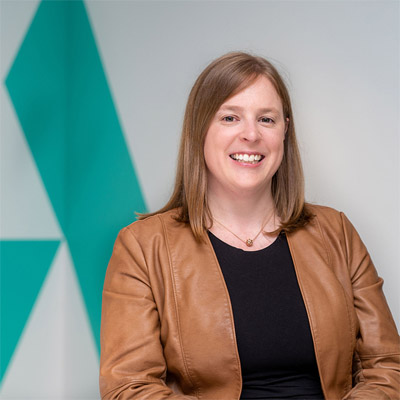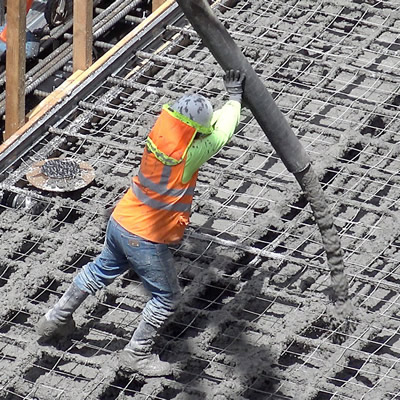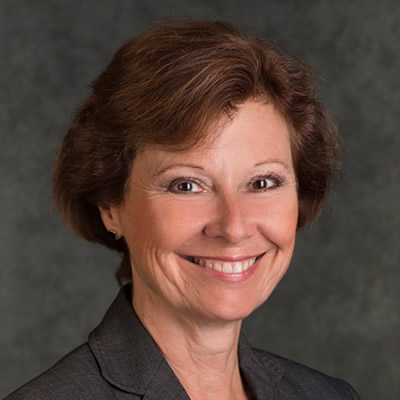Promoting the positives and attracting the next generation
Bringing awareness about the career possibilities in the mining industry and banishing stereotypes are key focuses at Goldcorp
Over the last 20 or so years, the mining industry has come a long way. A career in mining is no longer a dirty or old-fashioned job, even though that stereotype unfortunately still exists. But there are many people out there working to change that perception and open the public's eye to an industry that is like no other—and to the career possibilities that are absolutely endless. A career in mining and exploration can be just that: an incredibly rewarding career.
Paul Farrow is the senior vice-president of people and safety at Goldcorp Inc., one of the world’s fastest growing senior gold producers headquartered in Vancouver, British Columbia. Farrow and the rest of the team at Goldcorp are not only working hard to banish historical stereotypes about mining, they also have a few interesting initiatives to encourage young people to reach for the stars in a career in mining. Farrow said the company has great faith in its younger-generation employees, who help create unique approaches and solutions to make the company better every day.
"People for too long have (had) images of gritty, run-down mining operations—which could've been the image 15 to 20 years ago," said Farrow. "Today’s reality at modern mining operations couldn’t be further removed from that perception. A push by mining companies to be way more accomplished with things like health and safety has demonstrated that we care for our employees as individuals. It has helped us get away from the image that the company just wants to employ people to move dirt from A to B. We care about you, your family, your career and want you to enjoy working for our company."
In it for the long haul
Farrow said another major shift in the industry and something his company is trying to get across to young people is that the reputation the industry had 15 to 20 years ago for being a job versus a career is no longer true. People have the opportunity to not only work underground but also to become a successful chief operating officer, a chief financial officer or a senior chief of corporate social responsibility. All these careers are possible for anyone who has the drive to pursue them.
"Another area that has helped us in the last 15 to 20 years has been technology," said Farrow. "There have been some great breakthroughs with technology, and mining has really led that charge right up to now where we have autonomous truck fleets. You can take away that interaction in some cases between the person and the manual labour side of things. We are still keeping people well employed but looking at technical skills as well. It turns the job from being very manual oriented to much more technology focused. That transition is still happening."
Happier and healthier
The living conditions at mining camps is another aspect that the public may have misconceptions about. Many mining and exploration employees fly in and out of camps—some of which are located in very remote areas. Farrow said that the physical sleeping and living spaces in the camps today are more often than not a very comfortable and modern home away from home. Healthy eating is also a top focus, he said, and his company even has dietitians on the payroll to make sure employees are being well fed. Camp life—although not the same as being home with friends and family—has come a long way and companies like Goldcorp are ensuring employees are given the best environment to help them succeed in their everyday work life.
Focusing on appropriate training
Besides trying dispel inaccurate stereotypes, Goldcorp is actively helping young people and students realize their potential in the industry through a graduate program that gives post-secondary students hands-on experience at mine sites. This kind of program is not unique to Goldcorp—other peer companies offer similar programs as well.
Farrow said Goldcorp brings in a group of about 25 graduates who all start at the same time, allowing them to work as a team throughout their tenure at the company. It is a three-year program in which the 25 students work at separate mine sites but stay in constant communication through Skype, workshops and conference calls, so that they feel like a part of the larger community. They receive specialized focused leadership training during the first half of their time at a mine site; then, after 18 months, the students can move to another mine site.
"So after three years, they come out with their professional engineering recognition or professional geologist recognition or whatever it is they are looking to accomplish," said Farrow. "They come out with three years' work experience in at least two of our mine locations—and not just in the same job either. We try to get them to have different roles in the company during their time here so they come out with an amazing appreciation for what mining has to offer."
Farrow said Goldcorp also recognizes the need to work with students at a younger age.
"When students graduate from post-secondary institutions and they're looking for a career, sometimes that's a little late in the process," he said. "So we're actually looking at ways where we can interface more and more with secondary schools. We want to start involving people earlier on and do things like placing high school students in meaningful work in higher operations and corporate offices to get them introduced to the whole idea that the sky is the limit. It's not just traditional mining engineers or geologists we are looking for; we want to have good financial people or people with a human resources background. Any career you find in any company is a possibility in the mining industry."
Using the younger generation's strengths
Something else that makes the younger generation valuable, according to Farrow, is that they have a lot of skills that the older generation may not have or are unsure how to apply. Technology, communication, social media skills, internal formal networks—these are all things that the new generation is coming in with to help companies keep up to date.
"Mining is changing and we need to get more efficient in the way we are mining," said Farrow. "We need people with the mindset of thinking about continuous improvement and positive change. You see that in the younger generation. These young people are looking for careers, not a job. The norm before was them being happy to stay in a position for five to six years then making a transfer. The new generation wants to see that happen now in three to four years. We need to keep them engaged and challenged and focus on career development and succession planning. At Goldcorp, we are a relatively young mining company, but because of our fast growth, we see it as very important over the next five to seven years to let people know that opportunities are front and centre at Goldcorp."

